In the context of the world shifting strongly to smart manufacturing and developing green supply chains, experts and leaders of large corporations shared experiences in applying AI in production at the discussion session "Smart manufacturing and global supply chains", which took place on the morning of November 26 within the framework of the Autumn Economic Forum 2025.

Vice Chairman of Ho Chi Minh City People's Committee Nguyen Van Dung (Photo: Organizing Committee).
Speaking at the opening of the discussion session, Vice Chairman of the Ho Chi Minh City People's Committee Nguyen Van Dung said that Vietnam in general and Ho Chi Minh City in particular are affirming their position as an important production center, a reliable link in the global supply chain thanks to a stable political environment, abundant human resources and strategic geographical location.
However, according to Mr. Dung, the domestic manufacturing industry still faces many challenges. Most production activities still rely on processing and assembly with low added value; labor productivity needs to be improved significantly to meet international standards.
The pressure to go green is also growing as key markets such as Europe and the United States tighten environmental regulations, including the Carbon Border Adjustment Mechanism (CBAM). Without “greening” the production process, Vietnamese goods will gradually lose their competitive advantage.
According to the leader of the Ho Chi Minh City People's Committee, this context poses an urgent requirement for Vietnamese enterprises: to innovate production models towards smartness, strongly applying artificial intelligence (AI), Internet of Things (IoT), big data (Big Data) and automation to improve competitiveness and participate more deeply in the global supply chain.
Foxconn: 80% increase in profits thanks to technology, while human resources only increased by 20%
At the discussion session, Mr. Kyriakos Triantafyllidis, Head of Growth and Strategy, Center for Advanced Manufacturing and Supply Chain of the World Economic Forum (WEF), introduced the concept of Lighthouse Factory - a pioneering smart factory model that is spreading around the world.
According to Mr. Triantafyllidis, this model was proposed by WEF and McKinsey in 2018 to honor typical factories in the Fourth Industrial Revolution (4IR), where businesses strongly apply digital technology to increase productivity, optimize operations and promote revenue growth. WEF also built the Lighthouse Network to support the deployment of large-scale technology models, bringing about clear efficiency in productivity and sustainable development.
In Vietnam, he said the first center has joined this network, and expects the number of Lighthouse factories to continue to increase in the coming time.
Dr. Zongchang Liu, CEO of Foxconn Industrial Internet (Fii Foxconn, China), shared that artificial intelligence (AI) is creating direct and strong impacts on Foxconn's production activities. In Vietnam, the level of automation is invested in systematically, helping to increase labor productivity by about 50%.
“It is expected that by 2025, Foxconn Vietnam's profits will increase by more than 80%, while the number of employees will only increase by about 20%,” said Mr. Liu.
According to CEO Fii Foxconn, customers' requirements for smart solutions are getting higher and higher, forcing businesses to continuously upgrade their technology. Foxconn has now built testing centers to apply advanced technology and is looking for new markets to develop factories with superior efficiency compared to the current model.
ESG becomes the order of the future
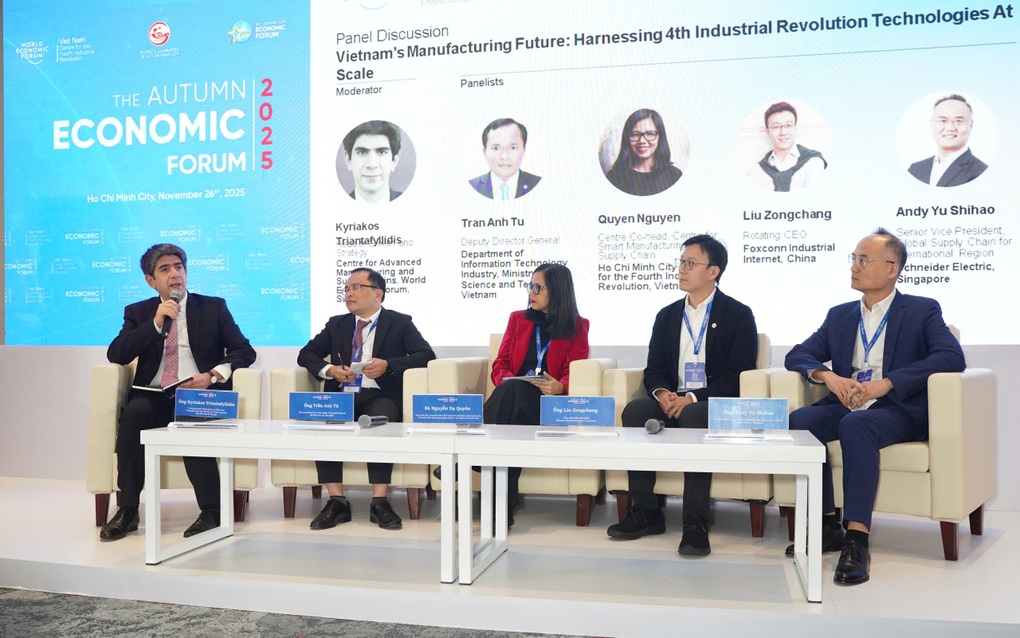
Experts shared at the discussion session "Smart manufacturing and global supply chain" held on the morning of November 26 (Photo: Organizing Committee).
Mr. Andy Yu, Senior Vice President of Global Supply Chain International of Schneider Electric, said that energy costs are one of the big problems of businesses. According to him, since Schneider Electric applied solar power into operation, the efficiency has been superior to using traditional power sources.
Schneider Electric currently owns 8 pioneering smart factories and more than 100 smart factories globally. From his experience in implementation, Mr. Andy Yu believes that to successfully transform digitally on a large scale, the prerequisite is to build a solid technology foundation. If the foundation is not strong enough, the digital transformation process at the next levels will have many potential risks.
He also pointed out the common challenge that the market has many technology solution providers, while the needs of each business are very different. Therefore, before digital transformation, businesses must have a core team with in-depth knowledge of digital transformation to identify the right needs, thereby working effectively with technology partners.
The Schneider Electric leader emphasized that sustainable development must be placed at the center of the business strategy. According to him, ESG is no longer just a matter of cost optimization, but has become a future imperative for every organization.
Need an AI development roadmap suitable for each business
At the discussion session, Ms. Nguyen Da Quyen, Co-Leader of the Center for Smart Manufacturing and Global Supply Chain of HCMC C4IR, said that 98% of Vietnamese enterprises are currently small and medium enterprises (SMEs), so the ability to apply technology is still limited.
According to Ms. Quyen, most of the enterprises that have effectively applied technology are FDI-invested, while only about 26% of domestic enterprises have used IoT (Internet of Things). “Vietnam is behind, but is gradually catching up with the world trend,” she commented.
Mr. Tran Anh Tu, Deputy Director of the Department of Information Technology Industry (Ministry of Science and Technology), added that with the characteristics of most small and medium-sized enterprises, Vietnam cannot “go straight” into AI comprehensively. According to him, businesses need a suitable roadmap, implementing sequentially from data digitization, then moving to automation and more complex AI applications.
Mr. Tran Anh Tu also expressed his hope that Vietnam will have more Lighthouse factories in the future, contributing to improving production capacity and participating more deeply in the global supply chain.
Source: https://dantri.com.vn/kinh-doanh/doanh-nghiep-phai-ung-dung-ai-chuyen-doi-xanh-de-giu-loi-the-canh-tranh-20251126142418036.htm








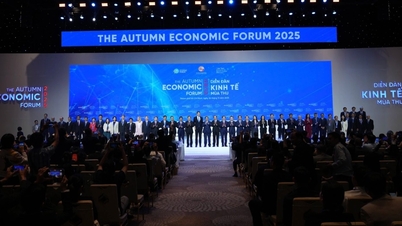
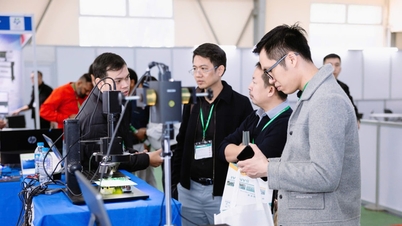

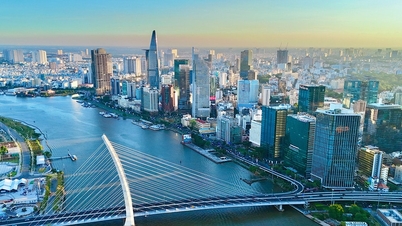
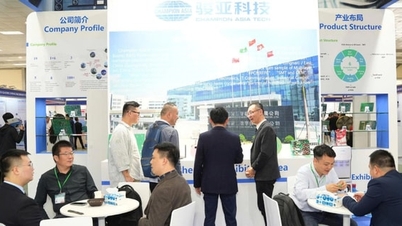



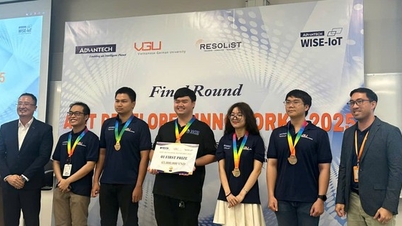









































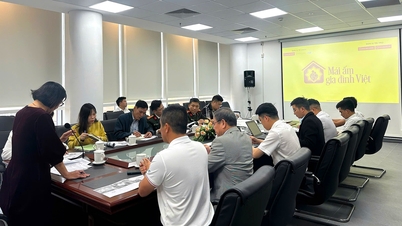

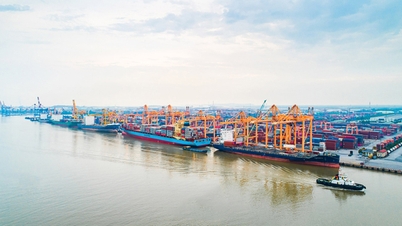
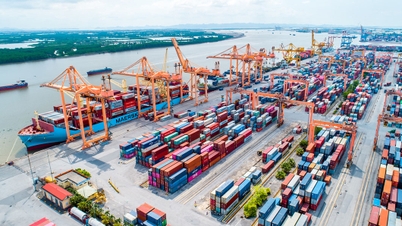
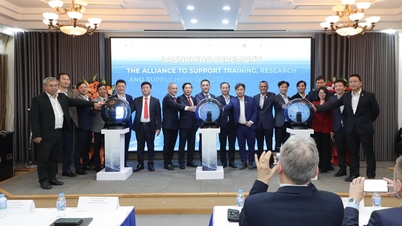



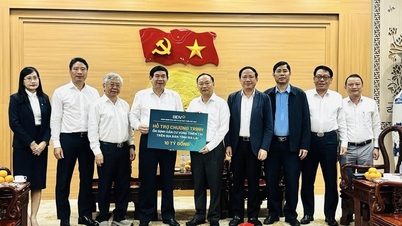










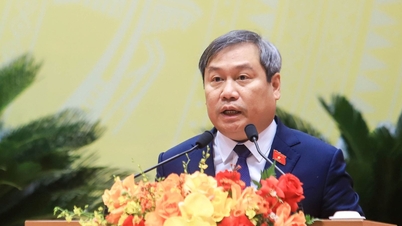
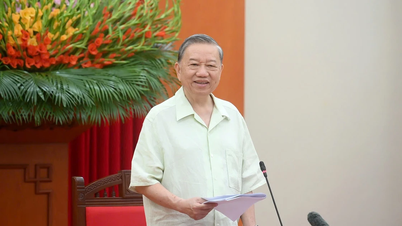



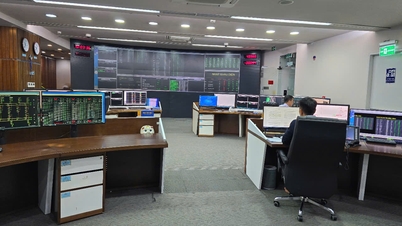
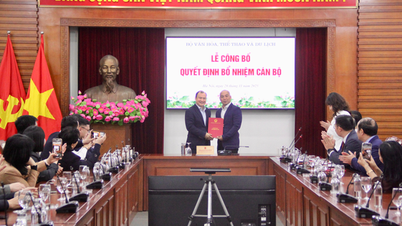
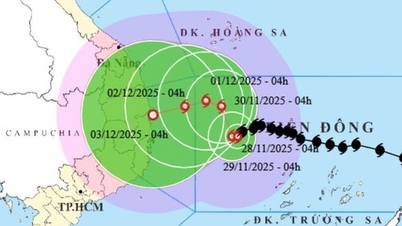
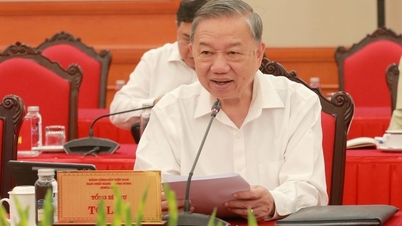


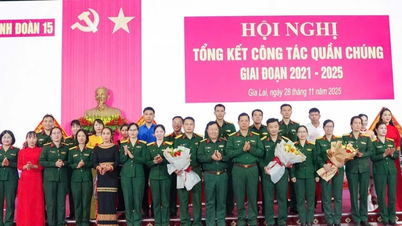



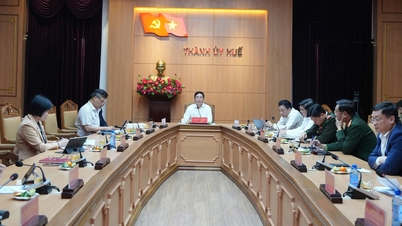

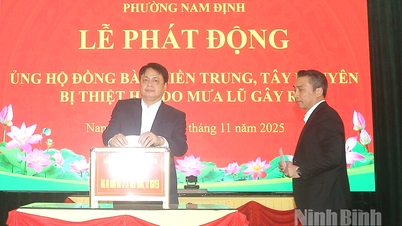
















Comment (0)